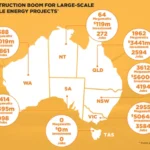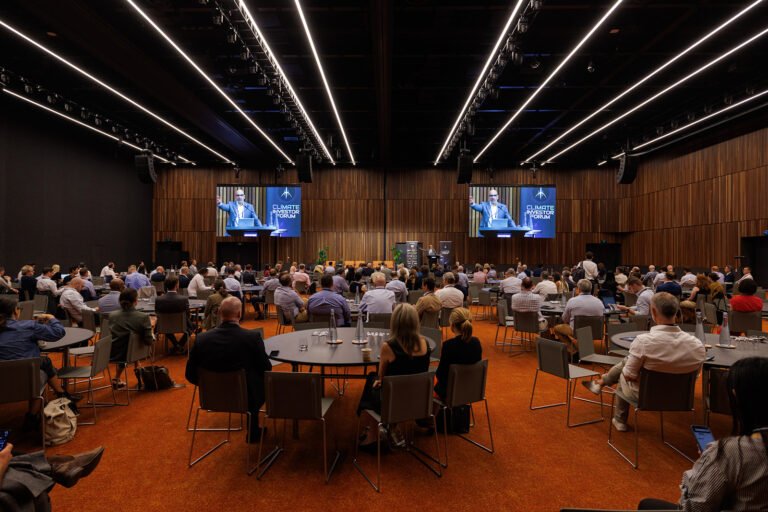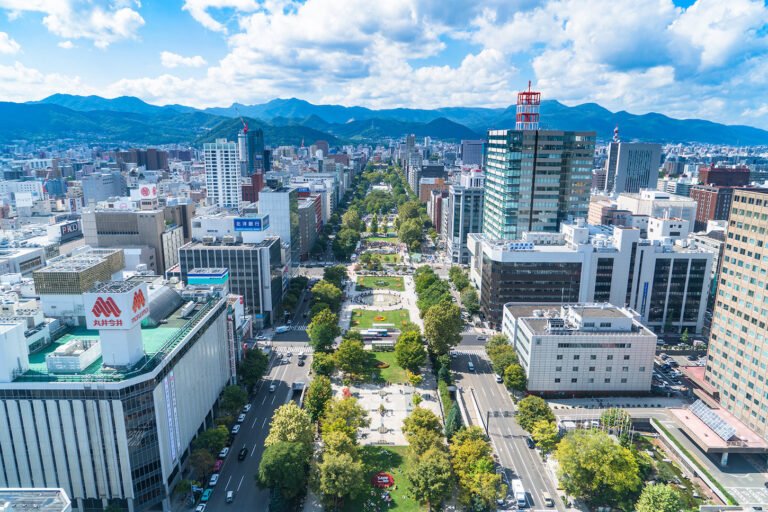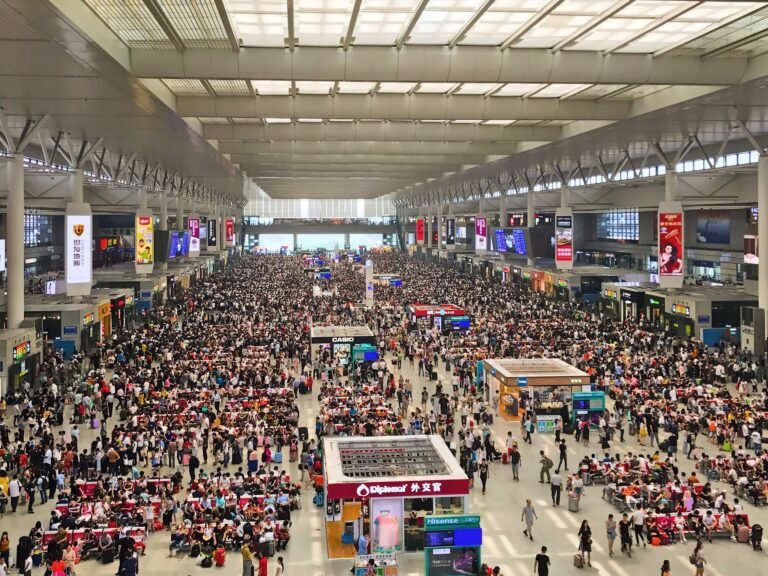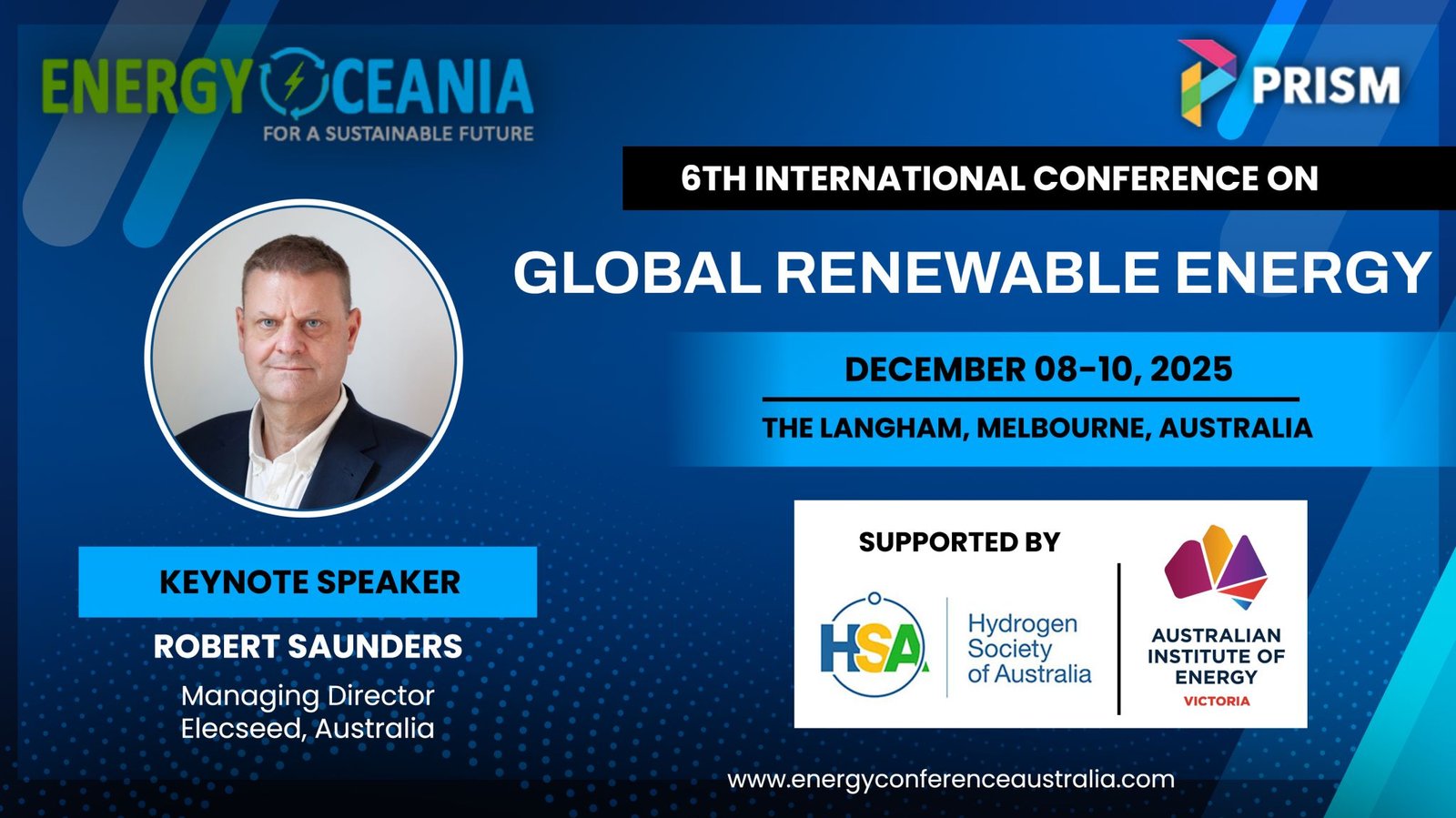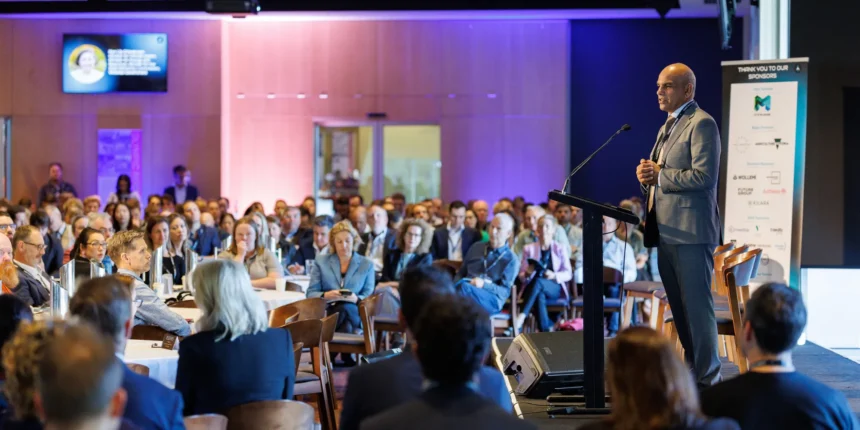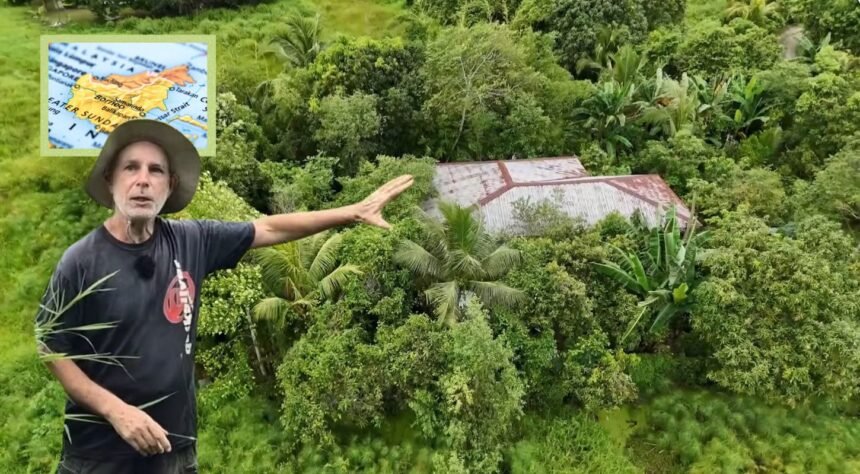Countries and Companies are lobbying to be the leaders with market share in this sector in Asia business hubs- particularly in asembling and packaging supply chains.
According to the Asia Development Bank’s (ADB) April 2024 Asian Development Outlook report Artificial intelligence (AI) is responsible for the increased exports from Asia’s main semiconductor manufacturing, which increased demand for microprocessors and memory chips. Microprocessors execute the complex algorithms and computations required for AI training. Memory chips store the vast datasets that AI algorithms need to access and hold the instructions and data to be processed.

Korea is home to the world’s two largest manufacturers of memory chips Samsung and Sk Hynix
While the Republic of Korea is home to the world’s two largest manufacturers of memory chips Samsung and Sk Hynix – Japan commands the biggest global suppliers of manufacturing equipment and materials for the broader semiconductor industry. China is the global leader in the production of photovoltaic cells, another type of semiconductor.
India, which contributes about 20% to the global semiconductor design workforce but currently does not manufacture chips. Semiconductor powerhouse Micron has already started the construction of a $2.5 billion manufacturing facility in the state of Gujarat, while other firms have announced new investments.
Malaysia, the Philippines, Thailand, and Vietnam are also involved in the global semiconductor value chain by assembling, testing and repackaging and then re-exporting to final global destinations.
Penang in Malaysia attracted almost US$13 billion in semiconductor-related foreign direct investment in 2023, more than the total from 2013 to 2020 combined- and from 2021 to 2023 Malaysia’s
The semiconductor industry’s growth trajectory in the Asia Region is indicative of its pivotal role in the digital transformation of the global economy. Malaysia, Singapore and India are all vying for the leading edge for foreign investment. Particularly from China.
Singapore also manufactures advanced microchips and has attracted US Applied Materials Inc to expand their current Singapore investments in operations, manufacturing, R&D and innovations centers, which employs 2500 locals, with a further 1000 jobs by years end,

Applied Materials CEO Gary Dickerson – collaborating with more partners to speed up innovation in packing technologies. ST PHOTO: DESMOND WEE
Applied Materials, Inc. USA, one of the world’s top suppliers of machines, services and software products that make semiconductors –
they are a global leader in nano manufacturing technology solutions. They work in collaboration with companies that make semiconductor chips, flat panel displays, solar photovoltaic cells, flexible electronics and energy efficient glass.
Last month Applied Materials (AM) indicated the eminent announcement the expansion of one of its innovation centres in Singapore that focuses on advanced packaging of semiconductors – the integration of a multitude of components into a single package will enhance performance and power efficiency, without a significant increase in the size and cost of the product. These investments are in line with their “Singapore 2030” operations expansion over the next eight years, supporting Singapore’s role as a critical conduit in the global semiconductor supply chain. AM currently has 2500 employees in Singapore, and earlier this year the company’s new S$600 million plant in Tampines Industrial Crescent started operations, slated to employ 1,000 staff once it is fully functional.
The US government recently earmarked grants of $39 billion for manufacturing incentives and $13.7 billion for semiconductor R&D, workforce development, communications technology security, and supply chain activities. incentivize domestic production of microchips and semiconductor industries.


